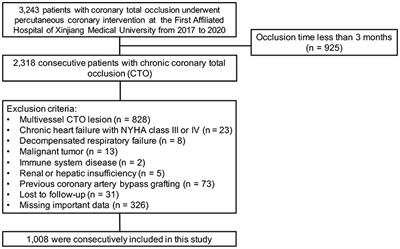EDITORIAL
Published on 15 Jun 2022
Editorial: Arteriogenesis and Collateral Remodelling in Ischaemic Disease
doi 10.3389/fcvm.2022.916218
- 1,118 views
4,785
Total downloads
16k
Total views and downloads
You will be redirected to our submission process.
EDITORIAL
Published on 15 Jun 2022
ORIGINAL RESEARCH
Published on 15 Feb 2022
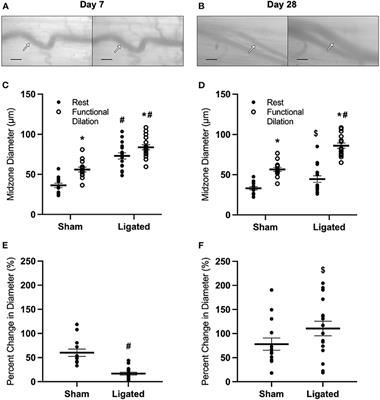
ORIGINAL RESEARCH
Published on 12 Jan 2022
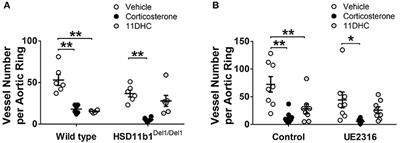
ORIGINAL RESEARCH
Published on 12 Jan 2022
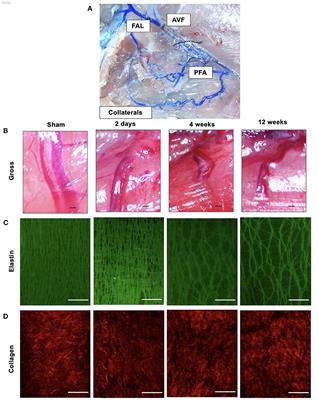
ORIGINAL RESEARCH
Published on 06 Dec 2021
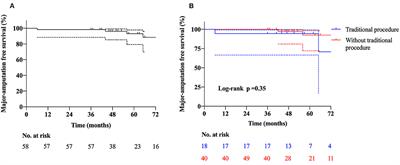
REVIEW
Published on 05 Nov 2021
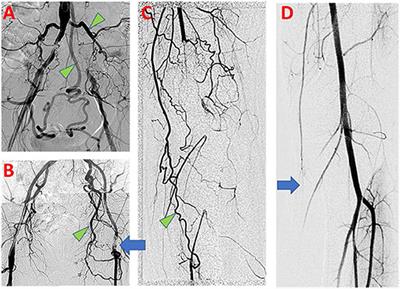
ORIGINAL RESEARCH
Published on 21 Oct 2021
